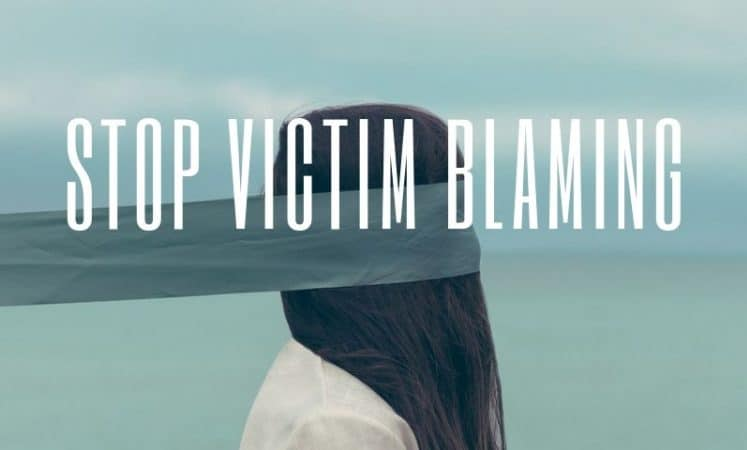
There are so many myths surrounding abusive and toxic relationships. People often make excuses for their abuser and we hear far too often other people making judgement calls about other people’s relationships. These include comments such as, “if it was so bad they would leave”, or, “I think she likes a controlling man”, demonstrating very little knowledge of the reasons why abuse is happening and what the person is going through behind closed doors.
We’ve picked out 10 of the most common myths about domestic abuse and toxic relationships and Sefton Women’s and Children’s Aid, are here to help us debunk them.
1. They lose their temper sometimes, that’s all
This statement implies that someone who loses their temper is not able to control their behaviour, however domestic abuse can take the form of controlling or coercive behaviour through psychological, physical, sexual, emotional, economic abuse, which can be selective as to when or how it happens which highlights the level of control someone can have.
2. If it was so bad they would leave
There are a number of reasons why women might stay in an abusive relationship as it is often difficult for them to leave. For example, a woman might be fearful for her and her children’s safety if she was to try and leave, she may not have any financial resources to leave or have nowhere to go (as she could be isolated from friends/family/support). In addition she may not want to move her children away from their friends or believe her partner will change.
3. Women are just as abusive as men
In fact statistics show us that 1 in 6/7 men and 1 in 4 women will be a victim of domestic abuse in their lifetime (Statistics on Male Victims of Domestic Abuse – (mankind.org.uk).

Furthermore, women are more likely than men to be the victims of high risk or severe domestic abuse e.g. 95% of those going to Marac or accessing an Idva service are women and 5-10% are male (SafeLives (2015), Insights Idva National Dataset 2013-14. Bristol: SafeLives.)
4. Alcohol and drugs can make men more violent
It is important to understand that alcohol and drugs may influence the severity of the abusive behaviour, however it is not the cause of the behaviour and is often used to excuse the behaviour.
5. Domestic abuse isn’t that common these days
Statistics show us that unfortunately domestic abuse is a common occurrence and 1 woman is killed by her male partner every 4 days in the UK and therefore 7 women a month are killed by a current or former partner in England and Wales (ONS (2016), March 2015 Crime Survey for England and Wales (CSEW)).

1.6 million women from ages 16 to 74 experienced domestic abuse between March 2018 – March 2019 (ONS, 2019). This shows us the prevalence of domestic abuse in the UK.
6. Some women like violence
Victims of domestic abuse often live in fear of further violence from perpetrators and do not like the violence, statements like this attribute blame to the victim.
7. She provoked them
Any abuse or violence towards a victim is the responsibility of the perpetrator as they are in control of their own actions and behaviours. It is not the victims fault and blaming victims makes them accountable for the perpetrators behaviour that they have no control over.

8. Men who abuse women are mentally unwell
There is no evidence to support this statement. Domestic abuse occurs in all aspects of society regardless of their mental health.
9. As long as the kids don’t see, it won’t affect them
Exposure to domestic abuse can negatively impact on children’s emotional and physical wellbeing even if they do not see the abuse directly; they may hear the abuse, see the aftermath of an incident (injuries). A shocking 62% of children exposed to domestic abuse are also directly harmed. (CAADA 2014) In Plain Sight: Effective help for children exposed to domestic abuse. Bristol: Caada.
Read more about the impact of domestic abuse on Children here.
10. People often lie about abuse
Such myths may lead people to believe that this is a common occurrence, in actual fact the CPS 2013 discovered that false allegations of domestic abuse are extremely rare.

Victims of domestic abuse may not tell the extent of the abuse to people, for fear of repercussions from the perpetrator, not believing that they will be believed or simply as they are not ready to leave the person and sharing the extent of the abuse leaves them open to judgement.
For more information about the safeguarding support SWACA offer for women, young people and children, visit the website or you can make a donation here.

Just a group of real women dealing with life’s daily struggles! Want to write for us? Email: hello@thedailystruggle.co.uk